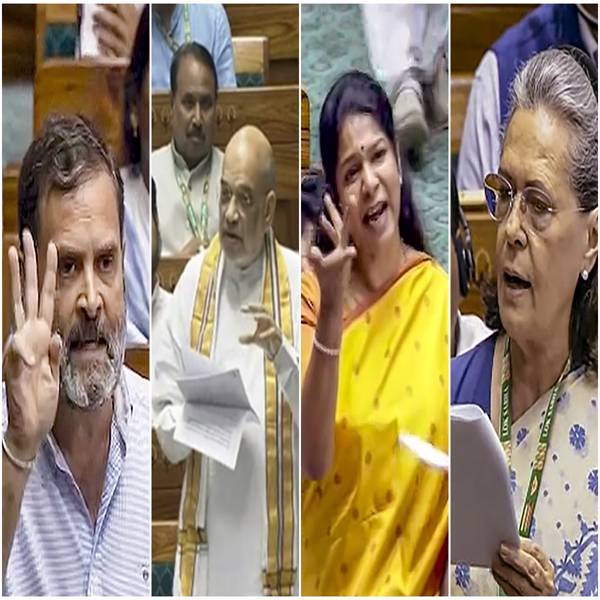On Wednesday, the Lok Sabha passed the Nari Shakti Vandan Adhiniyam, also known as the Women’s Reservation Bill, with a large majority.
The bill requires that one-third of all seats in the Lok Sabha and state legislative assemblies be reserved for women, which is equal to 33%.
On Thursday, the Law Minister introduced the Women’s Reservation Bill in the Rajya Sabha. The bill proposes to reserve one-third of all seats in the Lok Sabha and state assemblies for women. The minister said that the bill is part of the government’s efforts to empower women.
After the bill passed the Lok Sabha, several political parties, including the Congress, have called for its immediate implementation, starting with the 2024 Lok Sabha elections. However, the BJP has said that immediate implementation is not possible.
The Women’s Reservation Bill, 2023 cannot be immediately implemented because a fresh census and delimitation exercise is needed to avoid legal challenges, according to a News18 report citing sources familiar with the matter. The report also quoted Union Home Minister Amit Shah as saying that the government could be accused of partisanship if a seat was reserved for women without criteria determined through a delimitation exercise.
The last census data was collected in 2011, and the last delimitation was done even before that. The 2021 census was delayed due to the COVID-19 pandemic.
Former Congress leader Sonia Gandhi said in the Lok Sabha on Wednesday that the Women’s Reservation Bill, 2023 should be implemented immediately, and that OBC women should also be included in the quota.
The Women’s Reservation Bill, 2023, which was introduced in the Rajya Sabha on Thursday, is likely to be approved by the Upper House.
Once approved by the Rajya Sabha, the bill will need to be ratified by a majority of state assemblies. It will then be implemented after a delimitation exercise is conducted based on the Census data.
Also read : Jawan Shatters Box Office Records, Becomes Fastest Bollywood Film to Cross ₹500 Crore
This is the seventh attempt since 1996 to pass the women’s reservation bill.
Women currently make up nearly half of India’s 95 crore registered voters, but they only comprise 15% of lawmakers in Parliament and 10% in state assemblies. The 33% reservation for women will not apply to the Upper House of Parliament (Rajya Sabha) or state legislatures.



